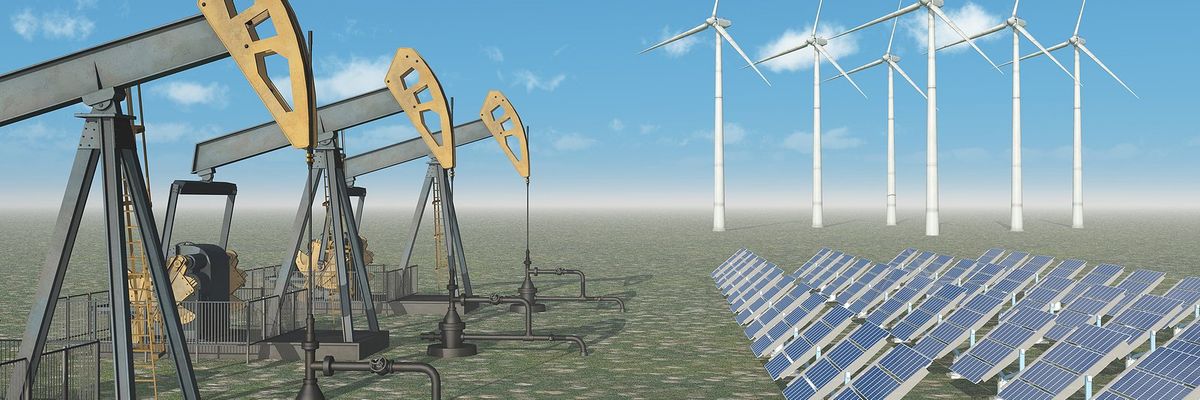floods
Climate change is making it tough to insure homes in the US
As climate change intensifies, Americans face soaring home insurance costs, pushing some out of their homes.
- A report by First Street Foundation found millions of properties at significant risk from natural disasters, with private insurance deeming areas as uninsurable.
- Insurance companies are withdrawing from high-risk states like California and Florida, influenced by escalating disaster costs and climate change risks.
- The insurance industry's retreat disproportionately impacts economically disadvantaged communities, leaving many without coverage or facing exorbitant rates.
Key quote:
"A lot of folks who are the most vulnerable, and who are living in the most vulnerable areas, are the ones who tend to have the least financial means."
— Steve Bowen, chief science officer at Gallagher Re
Why this matters:
The escalating costs and decreasing availability of home insurance due to climate change calls for both immediate action to support vulnerable populations and long-term strategies to mitigate climate risks and protect those most affected. A 2023 story by Derrick Z. Jackson reports that nearly 15 million homes were impacted in 2021 by climate disasters and yet such trends have been largely accepted as the cost of doing business.
New regulations aim to curb chemical disaster risks amid climate change threats
The Biden administration's latest move mandates nearly 12,000 chemical facilities to bolster defenses against climate-induced disasters.
In short:
- Facilities must now plan for climate change-related disasters like wildfires and floods to prevent hazardous material releases.
- New requirements include independent audits for sites with past incidents and improved information sharing with local communities and emergency services.
- Despite the advances, some critics argue the measures don't fully address the need for safer chemical and technological alternatives.
Key quote:
"We’re putting in place important safeguards to protect some of our most vulnerable populations."
— Janet McCabe, deputy administrator of the Environmental Protection Agency
Why this matters:
These regulations help ensure the safety of communities near chemical plants, especially as climate change heightens the risk of disasters.
EHN reporting: As unprecedented weather patterns continue, there is a fear of a ‘domino effect’ of multiple facilities having incidents at the same time, as in January 2023, when a tornado impacted the Houston-area Ineos plant and power outages caused operational issues at a nearby Shell plant, resulting in flaring.
Snakes, spores and sewage: Life in the N.Y.C. neighborhood ‘the Hole’
Climate migration's billion-dollar question: Who manages the retreat?
Coastal New Jersey homeowners lack flood insurance despite rising seas, report says
As climate shocks grow, lawmakers investigate insurers fleeing risky areas
Faced with growing losses from hurricanes, floods and wildfires, major insurance companies are pulling out of California, Florida and Louisiana — a shift that threatens to undermine the economies of those states.









